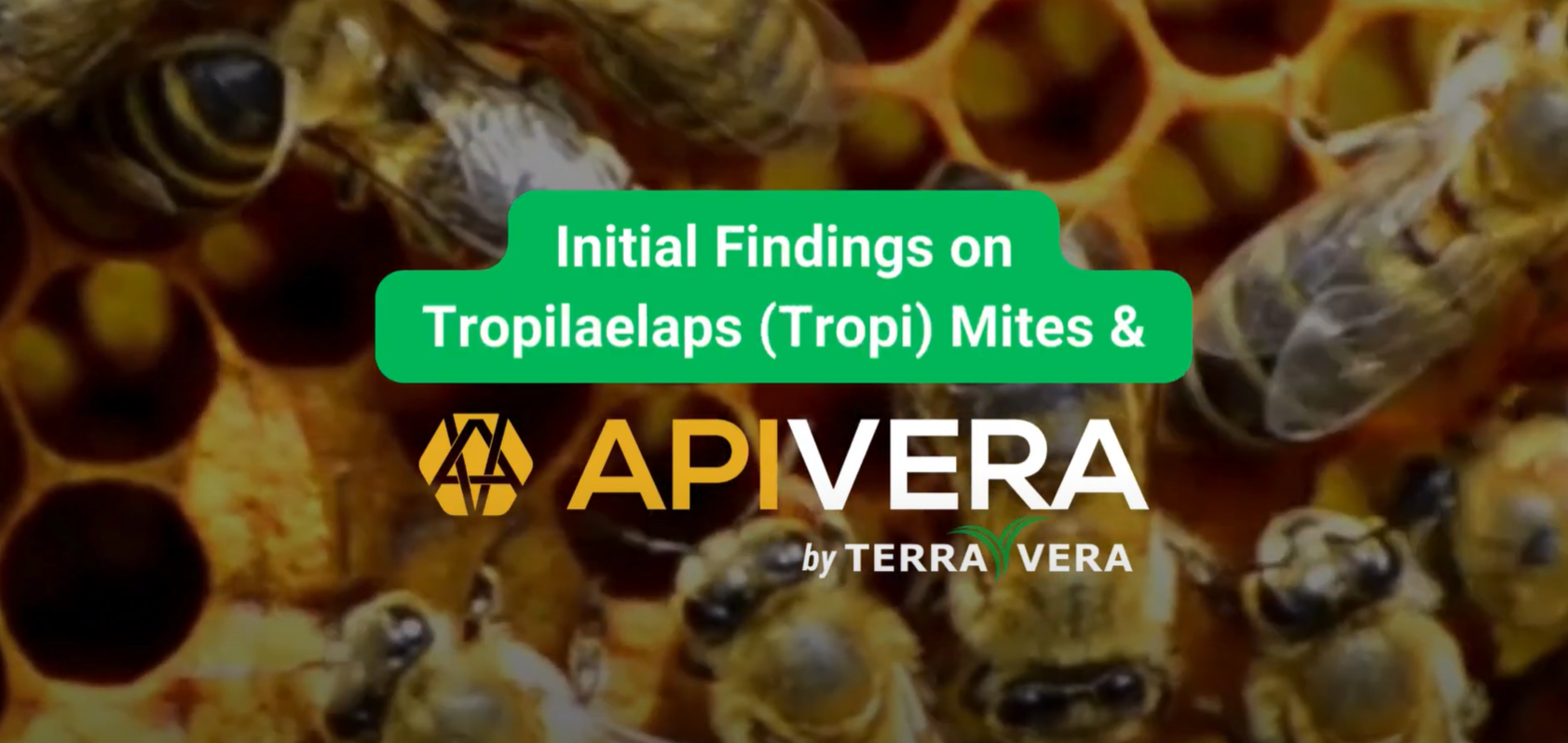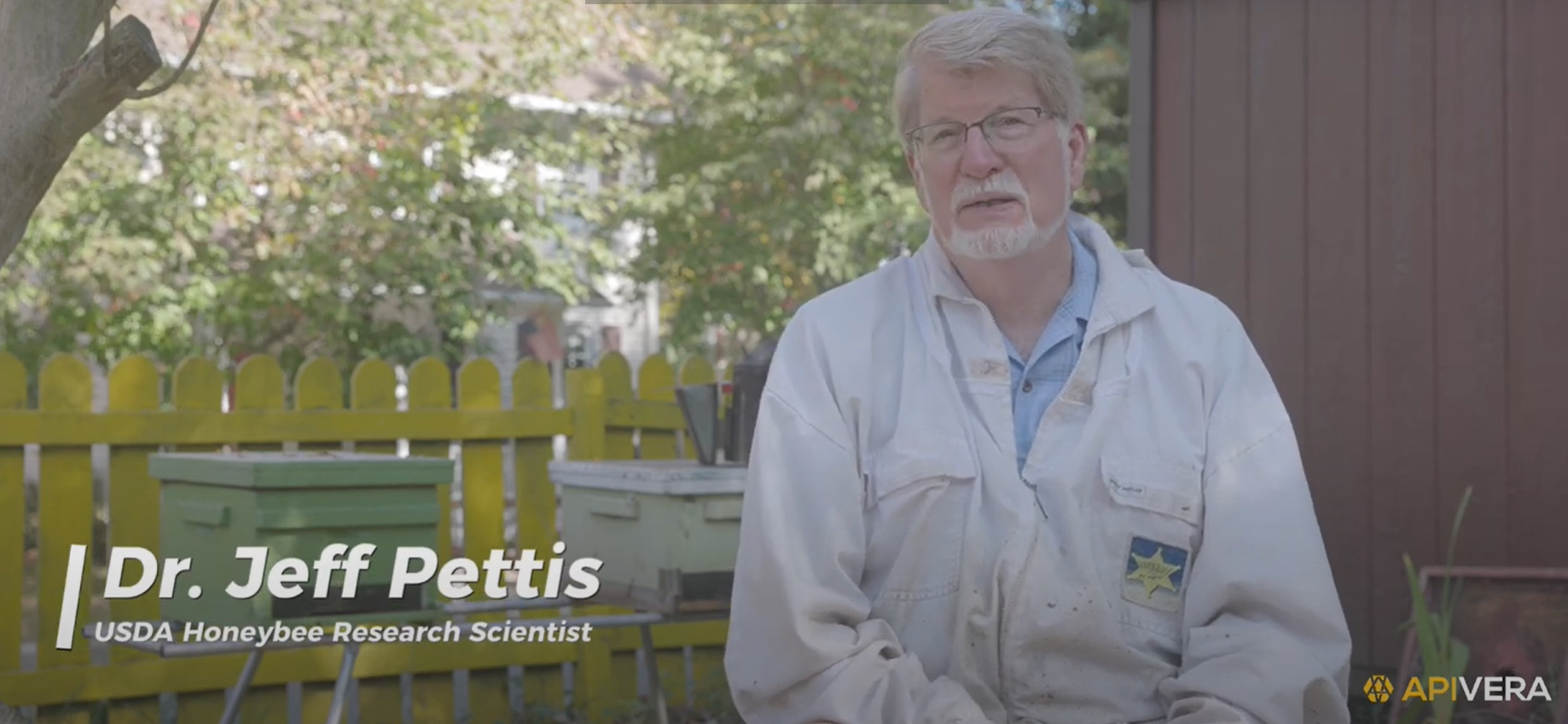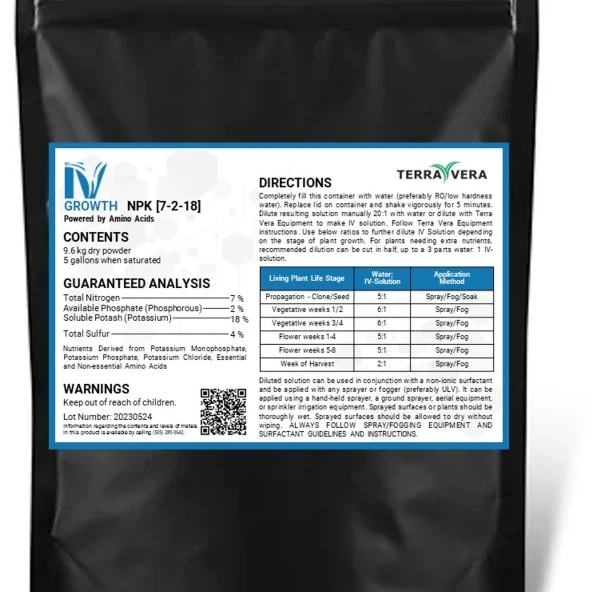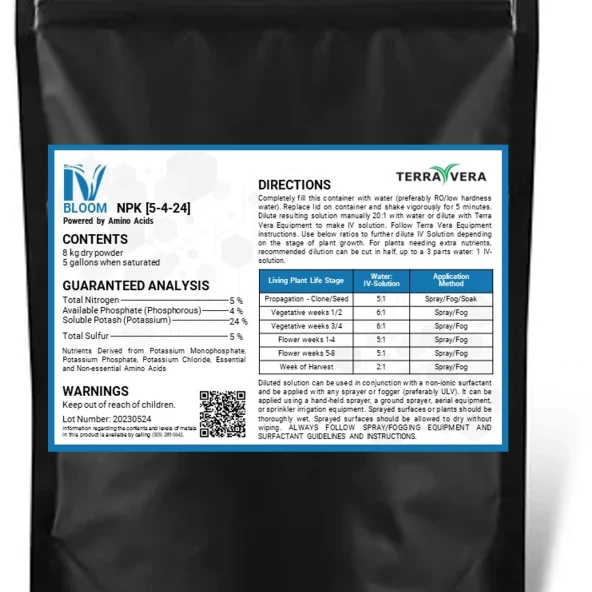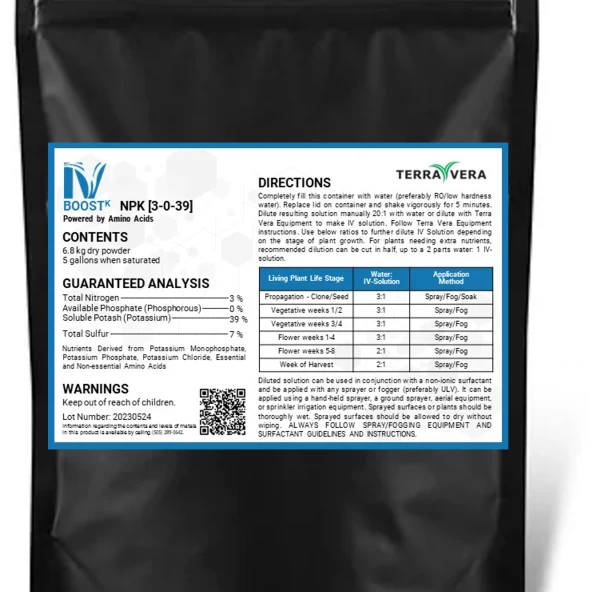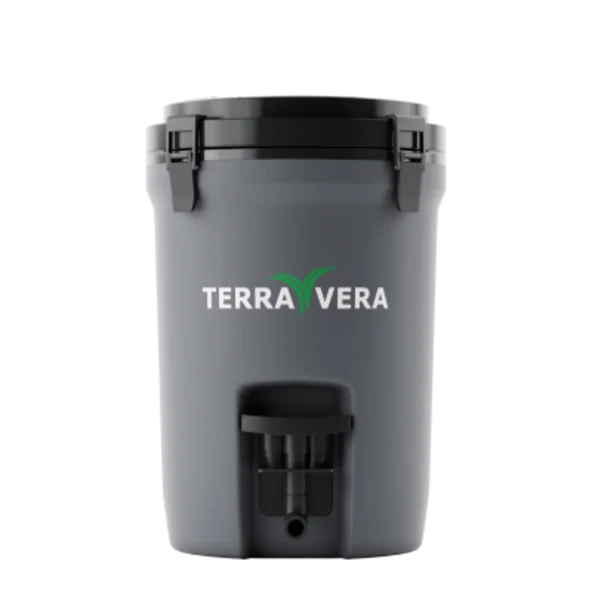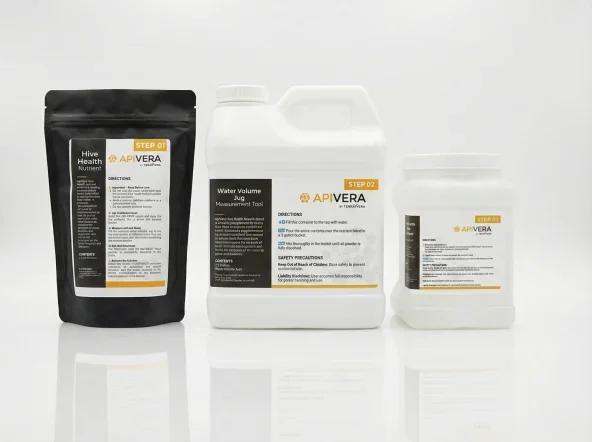All Resources
 Learn more
Learn more Have a question? Contact Us!
Bee Colony Health
About one-third of food eaten by Americans today come from crops pollinated by honey bees. Unfortunately honey bee populations across the U.S. are declining due to parasites, pesticide poisoning, habitat loss, poor nutrition, and disease. The results of spraying full concentrate, activated nutrients on honey bee hives showed high efficacy post-spray that was maintained over several hours. No honey bee deaths were observed and Varroa mite counts on bees were greatly reduced. Initial trials show that nutrients promote vigorous and healthy hives, providing resiliency against stressors like the Varroa mite, pathogens, and poor nutrition.
Mitigation of Varroa Mites
Varroa mites pose a significant threat to honey bee colonies, particularly during the fall when they become most problematic. Commonly used treatments to mitigate Varroa mites infestations and other stressors are either ineffective or harmful to the bees. Our study revealed that Terra Vera solution provided 2-4x the normalized mite drop in comparison to the standard industry mite treatment, Apiguard.
Initial Findings: ApiVera Combats Tropilaelaps (Tropi) Mites
Dr. Samuel Ramsey and team conduct a study in Bangladesh with the Terra Vera/ApiVera solution on live Tropi Mites. Results show the mites stop moving within a few seconds and show no harm to the honey bee.
Dr. Jeff Pettis, Honey Bee Expert Joins Terra Vera to Launch ApiVera All-in-One Hive Fogger
Dr. Pettis reveals why, for the first time in his 40-year career, he’s endorsing a solution to tackle Varroa mites and boost colony health through nutrient treatment. Hear about the promising results from field trials, the innovative approach behind ApiVera, and why this breakthrough technology could be pivotal in protecting our bees and, ultimately, our global food security.
Hive Matters with Dr. Jeff Pettis: Episode 1 - Why Are Bees Dying?
In this inaugural episode, renowned entomologist Dr. Jeff Pettis discusses the multifaceted challenges facing honey bee colonies, including parasites, pesticides, and nutritional stress. He introduces Terra Vera's innovative, amino acid-based solutions designed to bolster bee health and resilience, offering a sustainable alternative to traditional chemical treatments.
Hive Matters with Dr. Jeff Pettis: Episode 2 - Hidden Dangers Inside the Hive
In this episode, Dr. Pettis delves into issues such as parasites, pesticides, and nutritional stress that contribute to colony decline. He also introduces Terra Vera's innovative, amino acid-based solutions designed to bolster bee health and resilience, offering a sustainable alternative to traditional chemical treatments.
Customer Testimonial - Steve Stucker, Hobbyist Beekeeper
Steve Stucker, a hobbyist beekeeper in New Mexico, discusses the challenges of keeping bees healthy and shares his positive experience using Terra Vera's innovative, amino acid-based solutions to bolster bee health and resilience.
Terra Vera Joins Kamon Reynolds to Discuss Varroa Mite Treatment
Terra Vera CEO Carlos Perea and CTO Justin Sanchez joined Kamon Reynolds to discuss a new way to treat Varroa mites safely and sustainably. The discussion highlights the development and application of Terra Vera's amino acid-based solutions, which are designed to enhance bee health and resilience without relying on traditional chemical treatments.
Introducing the ApiVera Fogger
In this presentation, Terra Vera co-founders Justin Sanchez and Carlos Perea introduce the ApiVera Fogger, a groundbreaking system that employs biomimicry and amino acid-based solutions to combat Varroa mites in honey bee colonies. Designed for ease of use and environmental safety, the ApiVera Fogger offers beekeepers an effective alternative to traditional chemical treatments, promoting healthier hives and sustainable apiculture practices.
Amino Acids and Healthier Bee Colonies
Recent research highlights the potential benefits of incorporating these amino acids in honey bee diets to mitigate the adverse effects of nutritional stress. ApiVera by Terra Vera offers a new kind of nutritional supplement to increase survival rates and help honey bees thrive.
